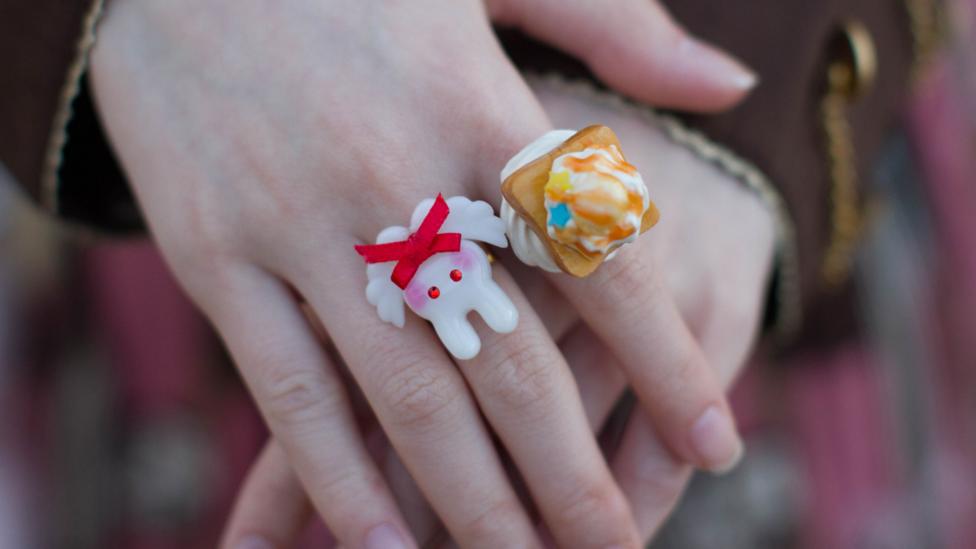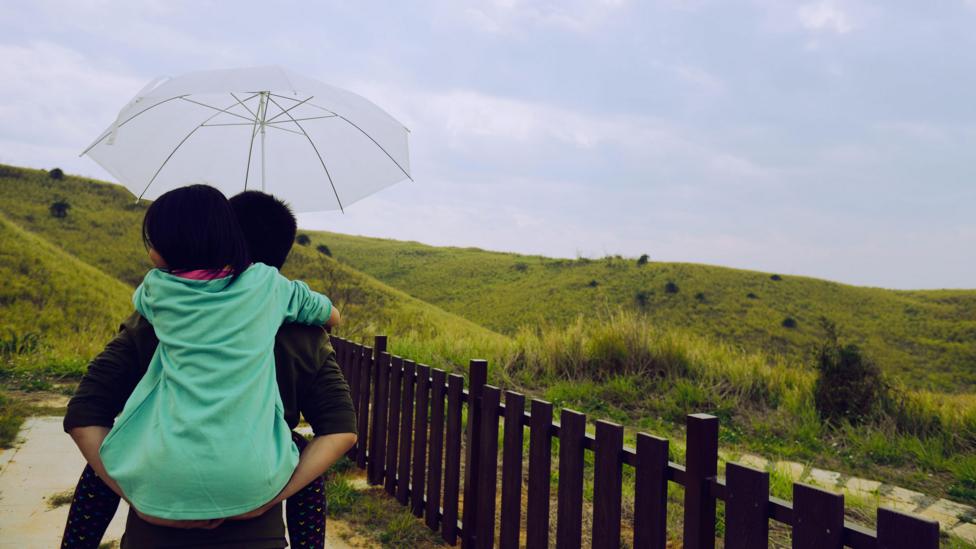 ********************************************************************
******************************************************************** ************
************On a cold December night in the late s, psychoanalyst Takeo Doi was on call at the hospital when he received a seemingly inconsequential visit. A patient sheepishly approached Doi unannounced to ask if he should go home for the New Year holidays. Perplexed as to why the patient should need his advice and in no mood to engage or empathise Doi replied, “It’s up to you”.
Perhaps the demand for special treatment appeared narcissistic or overstepped an intimacy boundary, but whatever the reason, this blunt interaction provoked a new idea in Doi. The patient’s behavior – pouting, wheedling, and submitting to the doctor’s authority – became a central part of an influential manifesto on the Japanese psyche.

 ************************ (A global concept?******************
************************ (A global concept?******************
(
Amaeappears in any relationship, at any age, and can be positive or negative, ”says Kazuko Behrens (カ ズ コ ベ ア レ ン ズ), who has extensively studiedamae in both her native Japan as well as in the US, where she is an associate professor of psychology at SUNY Polytechnic Institute. “It’s unique in Japan because one word takes care of so many phenomena, behaviors and interactions”, from a toddler crying to be picked up to a wife begging her husband for an expensive gift, “but amae
exists everywhere beyond Japan and people can identify it in their lives, even if they didn’t know what to call it. ”
Behrens sees reciprocal
amae
in TV shows like Seinfeld and Friends, where the characters come and go in each other’s apartments (and refrigerators). It’s the presumption that these kinds of behaviors are allowed between close friends that makes thisamae. It’s no coincidence that successful
It’s no coincidence that successful
amae
appeals often involve childish or naive overtures. “I frequently tell newcomers to Japan that … approaching someone on a street and briskly asking for directions, the response is likely to be a rabbit’s fright and flight,” says translator and longtime Japan resident John McCreery. “But approach looking confused and non-threatening and say, a bit plaintively,“ I appear to be lost… ”and the odds of a positive, helpful response rise sharply.”
Cuteness, timidity and pre-emptive apologies are also part of the copious signs, warnings and announcements one encounters in Japan. On train platforms or atconstruction sites, wide-eyed characters politely remind you to mind your manners and bowing figures ask you to forgive the disruption, while mascots offer guidance at stations, offices and stores. “People are primed to accept thesekawaii[cute] objects because it tickles the
amae
instinct, begging your indulgence, ”says Behrens.
 ********************
********************
amae
can occur in the workplace, for example if a boss makes excessive demands like expecting women employees to serve tea to visitors or clients. “Amaeis not one thing, ”says Behrens. “There’s been significant development from Doi’s definition [of prototypicalamaebetween a mother and child] and now
amae
can be used in so many various contexts, including negative, where there are expectations that are unreasonable. ”
Also from () ****************************** (Japan) ****************************************************

 ************
************
•A samurai-inspired office ritual? • ******************************** A shrinking town with big ambitions (******************************** • T
• ******************************** A shrinking town with big ambitions (******************************** • T
he car-crash crisis in ageing Japan
Expectation plays a big role in********************. “It starts with the assumption that youramaewill be accepted, ”says Behrens. “But sometimes the receiver is not happy,” as in the case of Doi and his patient. Not all Japanese are welcoming or tolerant of
amae or engage in it, nor do attempts at elicitingamaesucceed percent of the time, Behrens notes. “Learning how to read people, what is an appropriate level ofamae, who is the appropriate person to engage with, this a significant experience of growing up in Japan, ”she observationses.
 amae
amae
is always a game of two: a woman might act coquettishly playful towards her partner to elicit affection or colleagues might trade complaints of work frustrations to establish rapport. “Mutually accepted
amae
, where both doer and acceptor agree on going a bit outside the rules or social norms, can be fun and lead to a renewed intimacy, ”says Behrens. “Even adult children might do
amae
towards their aging parents, for example by asking for their help, to make them feel good and needed. ”
 But when
But when
amae goes wrong, it can lead to animosity or worse. It is “soft power … a means for the weaker party in a relationship, a child or employee, to elicit care or support from the stronger party,” says Christopher Harding, a senior lecturer in Asian history at the University of Edinburgh and author of Japan Story. But when wielded inappropriately, “it ends up being rather undemocratic, whether at home or at work.” Absolute adherence toamae can bolster hierarchical relationships and power imbalances. Behrens sees shades ofamae
in the abuses that catalysed the# MeToomovement and says that extreme demands under the guise ofamae can be severely underreported in Japanese companies.
************************
********
Egregious attempts at
in adulthood may partly trace their roots to childhood rejection. Doi predicted children whoseamaeis not reciprocated would experience neediness and anxiety. Modern attachment theory and behavior studies bear this out. “When you attend to a child every time [they cry], they will become secure, autonomous and more independent,” says Behrens. These children develop the confidence to explore the world, because they know they will be rescued if necessary. “But neglected ones, who cry themselves to sleep, they don’t know when their needs will be met, so they have less confidence and become more needy.”
Doi’s patient, for example, was completely capable of deciding to visit home for the holidays, but he wanted to shift this responsibility to the doctor. “Amae
is for things you can do yourself, but assume or want someone else to do [for you], what level [of imposition] you can get away with, ”Behrens emphasises. “The title [The Anatomy of Dependence] made people think that
amaeis dependence, which is helplessness, but
amae
is different from dependency. ”
Dependency, immaturity and infantilization nonetheless color some facets of
amaeIn a society like Japan’s that values social harmony, these aspects have morphed into an adaptive behavior that allows people to ask for help, strengthen human ties and even make inappropriate requests without the appearance of burdening others.************************ ********
********
********


This sometimes saccharine nature of
amaepoints to its close lexical cousin, the wordamai, meaning sweet, and invites parallels with another flavored Japanese coinage, umami. Anyone around the world can experience the savory taste ofumami, even if they use the Japanese word to describe it. Similarly, “
amae
is more salient and more frequently experienced in Japan [but] can exist in cultures that have no word for it, ”according to researchers who found similar interpretations and reactionsto amaefrom both Japanese and Americans. Likeumami
similar interpretations and reactionsto amaefrom both Japanese and Americans. Likeumami
, amae
may just have been named in Japanese because people were more attuned to it in their daily experience.

“Japanese people value
amaeand notice when it is taken or given, ”muses Kuroda.
Behrens agrees: “Doi did not createamae, he just identified it to be unique to Japanese people.
“Amae
is an evolving concept and is becoming more inclusive of different phenomena, with new targets that Doi didn’t expect ”, for example inanimate
kawaii
objects. Like a favorite food, the sweet dependency of this concept ultimately invites us back to childhood and the warmth of a mother’s embrace.
“Positive
amae is a way to be childish and it’s OK, ”says Kuroda. “Everyone was a child once and we still feel like children in our souls sometimes.”
**************************** ****************************
**************************** (**************************** (Read More) ************** (******************************************
(**************************** (Read More) ************** (******************************************




GIPHY App Key not set. Please check settings